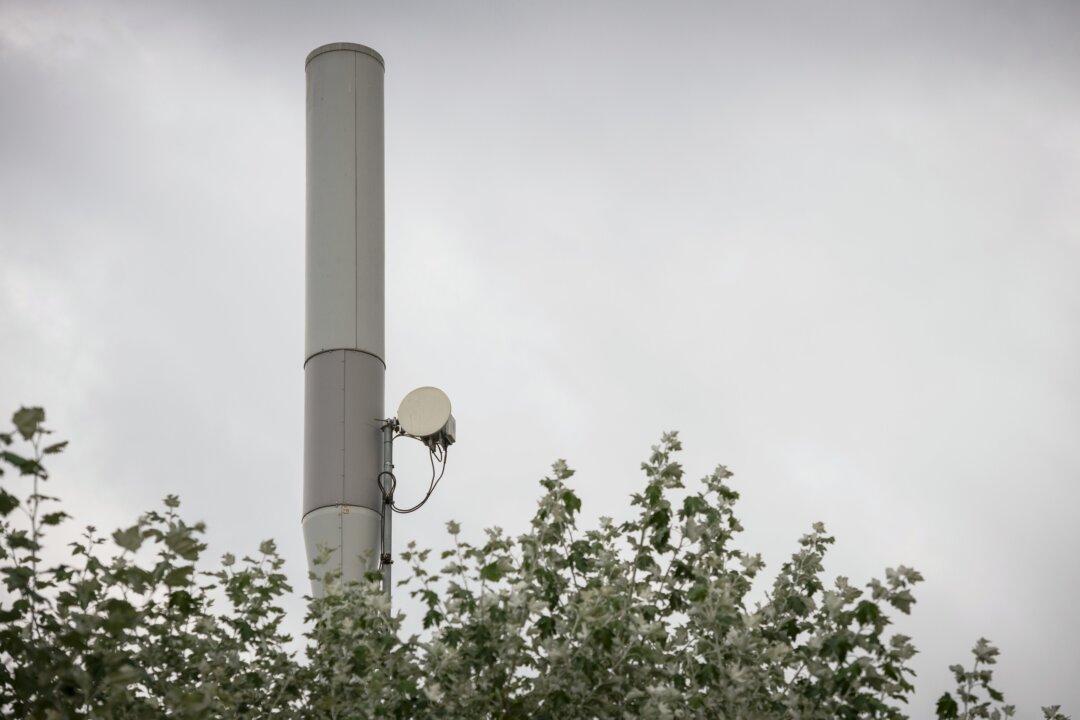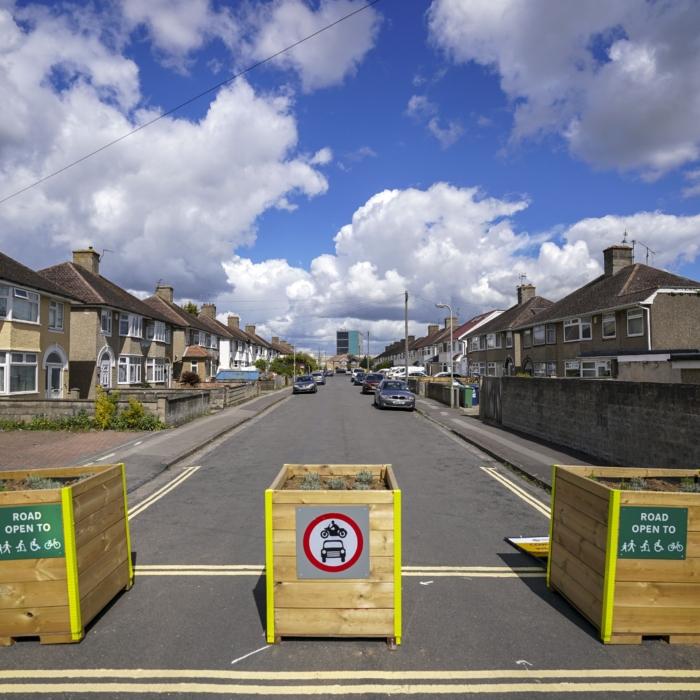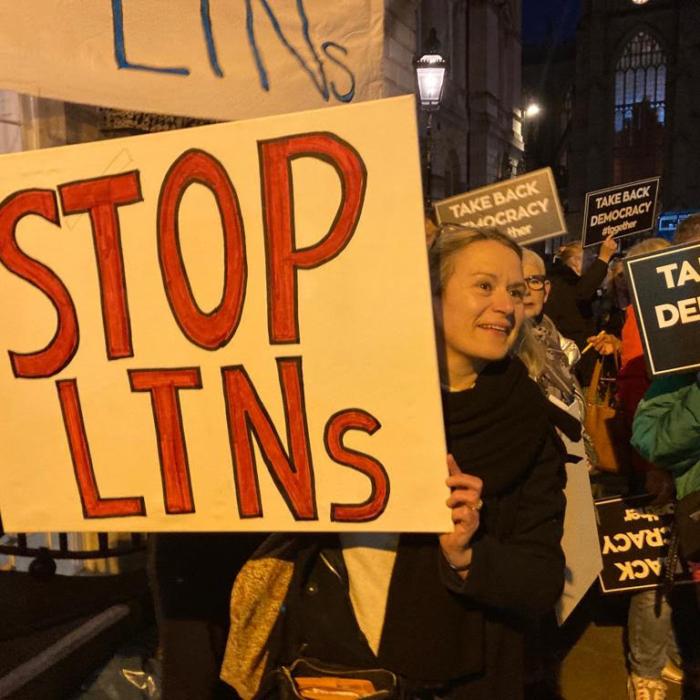Despite previously expressing significant safety concerns about the technology, Bath and North East Somerset Council has been awarded a scheme to test 5G in Bath.
Announced on Friday, the Bath city centre pilot will involve installing around 20 small cell radio units for 5G on lamp posts and CCTV poles in key locations around the heart of the city.
Liberal Democrat councillors and former MP Wera Hobhouse previously voted against planning applications for 5G masts, citing concerns about potential negative health effects, high levels of radiation, and electromagnetic pollution.
The 5G pilot in Bath city centre, called “One Word,” is being funded by a £773,132 government grant. The project will need planning permission.
The network will not be publicly available during the pilot phase and will require a specific SIM card for 200 to 300 volunteer users to test the network.
Risk
In 2020, Ms. Hobhouse urged Parliament to look into the possible public health implications of a 5G network.“I know that a great deal of my constituents are worried about this, and I will continue to stay up to date on the situation, asking questions to the government and ensuring that no one in the city of Bath will be at risk from the implementation of 5G infrastructure and technology,” Ms. Hobhouse said.
Ms. Hobhouse is currently campaigning for her seat in the upcoming general election.
He said that an exclusion zone was required for areas with “high levels of radiation.”
He also pointed out that the “mast would be close to a nursery school and community hall and that it would be irresponsible to approve the application.”
At the same time, Councillor Sarah Warren, who is now deputy leader with responsibility for climate and sustainable travel, said that some research showed that 5G can have an adverse effect on health.
“Electromagnetic pollution could also cause environmental harm,” she said.
Net Zero
Bath and North East Somerset Council see 5G as paramount to its plans to move to a “green economy.”It declared a “climate emergency” in 2019, with a goal of making the city and the district carbon neutral by 2030.
It was the first city to start charging cars in a Clean Air Zone scheme outside of London in 2021.
It has also rolled out emissions-based car parking which it said will “encourage a shift to cleaner, more sustainable travel in the city.”
The council also said that the new parking charges for more polluting vehicles are “complementary to the objectives of Bath’s Clean Air Zone, which aims to reduce NO2 levels only.”
The council is developing 15 Liveable Neighbourhood areas, otherwise known as low-traffic neighbourhoods.
These use barriers, bollards, road signs, and planters to restrict car movements, as well as residents’ parking zones, which require a digital permit to park a car in specific areas.
However low-traffic neighbourhoods have become very contentious.






